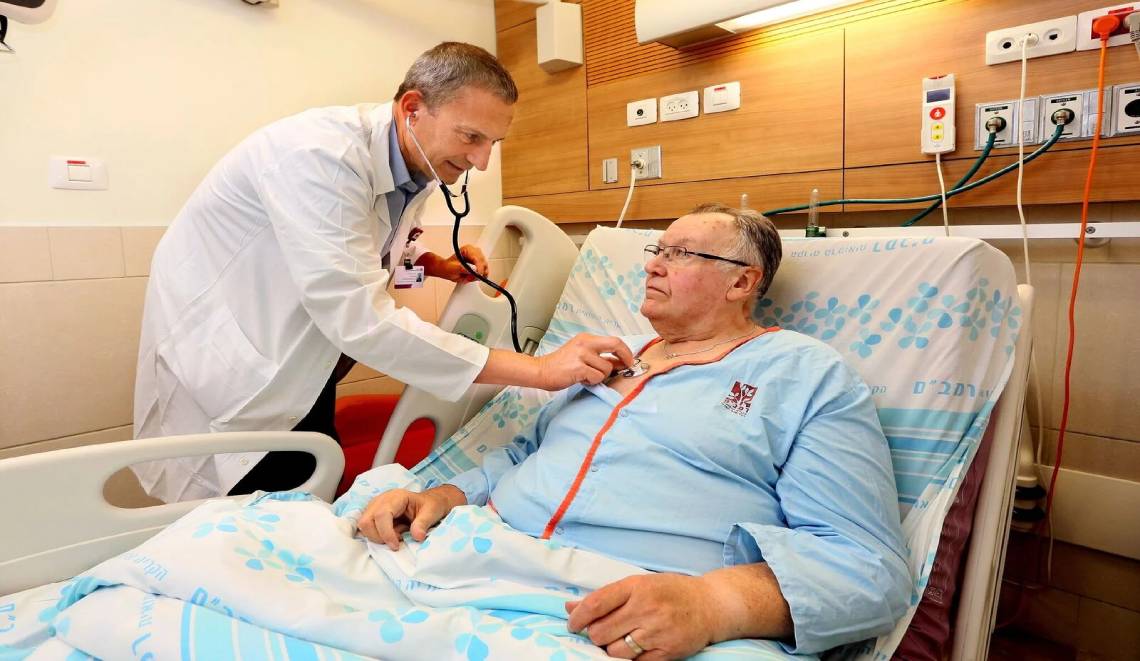

How can we educate ourselves about heart disease in this modern age when accurate information is just a click away? With heart failure affecting millions of people, it has become essential for patients to actively participate in their health and wellness. They must stay informed and engaged in their treatment to maintain good health, even when the support of doctors is always on the go.
The days of depending only on doctor-provided information are history. Patients now have access to a range of sources that can assist them in learning how to care for their own health. Patients can avoid hospitalization by recognizing and acting on warning signs (such as shortness of breath, sudden weight gain, and swelling). In fact, more than 25% of heart failure patients are readmitted within 30 days of discharge, although better awareness helps reduce readmission rates.
When patients understand how their medications function, they are more likely to take them as prescribed as they are important for controlling heart failure, also improving the heart's pumping capacity and regulating symptoms. However, teaching patients about the advantages of their therapy makes them feel more involved in their care and lowers the chance of complications. Those who take their medications regularly, on the other hand, are less likely to experience unexpected health problems or require hospitalization.
It’s not just important for the patient to be educated; family members and care partners need to be involved too. These people play a big role in the patient’s daily care and are often the first to see signs of trouble. By teaching care partners about the patient’s condition, healthcare providers make sure that patients get consistent and helpful support at home. For example, when care partners are well-informed, they can spot changes in the patient’s condition quickly, which can help prevent complications.
Teaching patients about simple lifestyle changes, like eating less salt and staying active, is really important for preventing heart failure. Cutting down on salt helps reduce fluid build-up, which is a common problem for people with heart failure. At the same time, safe, moderate exercise strengthens the heart and overall promotes improved health. For example, someone who eats a low-salt diet and exercises regularly may have fewer symptoms and feel more in control of their condition.
Today, education is power and understanding heart failure is the first step to administering it well. When patients are fully aware of their condition, they can become active partners in their health.
However, as we see are experiencing exciting advancements in clinical research for heart failure, new treatments and strategies are on the verge. If you're interested in being part of this journey and exploring new possibilities, reach out to Biopharma Informatic to learn more about our clinical trials. Your participation could make a difference!